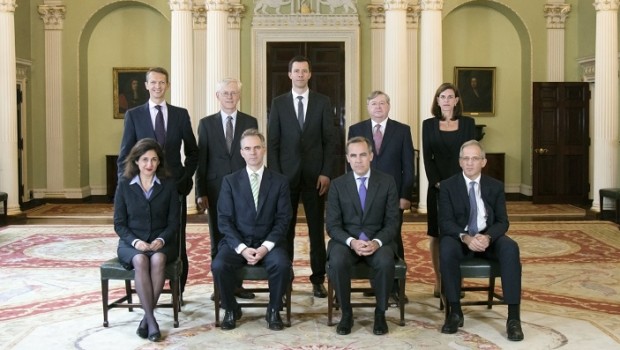Hence, although CPI might climb more quickly than rate-setters had expected in 2017, perhaps to between 3.0% and 3.5%, that would only mean they were set to fall that much more quickly over the following year.
On the other hand, "if inflation is higher than expected because we think there is a general pick-up, then it is not just the exchange rate doing the work, that is absolutely something we need to respond to and I will be joining the response to that," Vlieghe said.
A sharper rise in CPI which fed into price expectations would also be a cause for concern, he added.
Vlieghe is considered to be on the dovish side of the spectrum when it comes to monetary policy.
Speaking on Thursday, Ben Broadbent, Deputy Governor of Monetary Policy, appeared to strike a similar note.
When asked whether domestically-generated inflation had picked-up, Broadbent replied that the single most important measure of inflationary pressures for economists - unit wage growth - had in fact fallen.
Key to the outlook for the economy and Sterling, Broadbent said, would be government's ability to thrash out a "new, comprehensive, bold and ambitious free trade agreement" with the EU and open up other markets.
He said the possibility existed that foreign exchange markets were being too pessimistic, although it remained to be seen, and the UK which would emerge from Brexit would in fact be more open, which in time would see the currency recover.
Sterling fell overnight and continued to weaken this morning after Vlieghe's comments, down 0.25 on the dollar to 1.249 and 0.46% on the euro to 0.8652.

